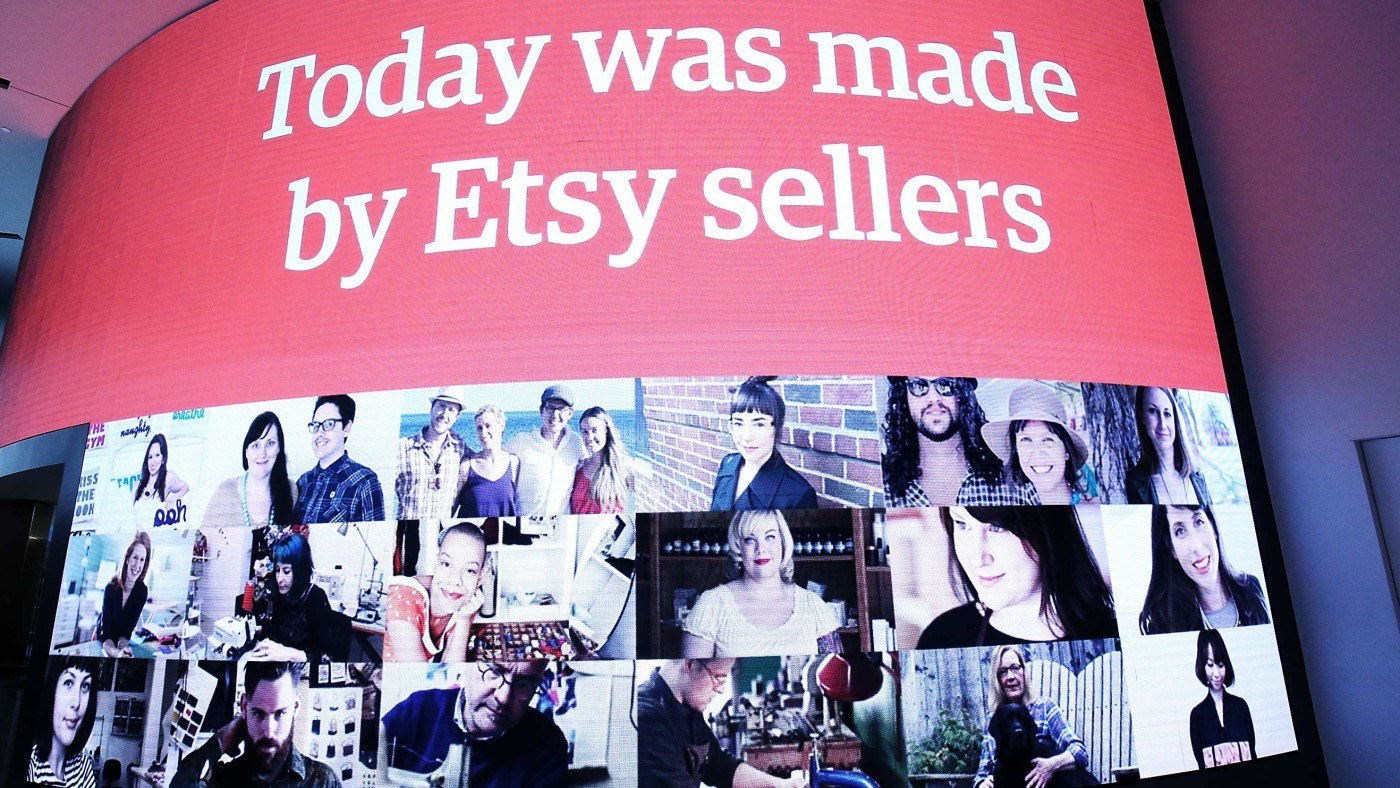Another day another tech company announces a terrific new perk for its employees. Etsy – the online retailer – has announced a generous parental leave policy, allowing employees 26 weeks of paid leave divided between 8 weeks right after birth or adoption and another 18 over the first two years of the child’s life.
Etsy has some practical reasons for taking this path. As a tech company it has to compete for high-skilled employees and offering perks is one way to get and keep workers. “The success of your company really depends on the engagement of your employees,” says Etsy CEO Chad Dickerson. “For me it’s a really practical matter, if you want to bring the best people to your company, and have the most-engaged employees, and have the families of the people in your company behind them and supporting them to help make the company successful.”
This new family leave policy is also a practical response to being a global operation. Etsy has employees in various countries each with different maternity leave policies. The structure of Etsy’s policy is a compromise to comply with or exceed other countries’ norms.
It also suits the leadership of Etsy to prioritize family leave since so many of their workers are having kids. “Speaking as a parent myself, and as a CEO, parental leave was really important to me personally,” Dickerson explained. “I think family leave has been more and more on people’s minds.”
Etsy’s new policy is also worth noting for how effectively it answers the nearly incessant, reflexive and utterly flabby complaints of the authoritarian statists out there: This is not a problem for government to solve because private industry is doing just fine on its own.
Not good enough says the ‘government should control every aspect of our lives’ crowd. Listen to Katie Bethell, the founder and director of an outfit called PL+US, which advocates for national paid leave.
It’s great that these companies are taking the lead in doing this and showing that it’s possible and beneficial, but if we want everyone to have paid family and medical leave we need to have a national insurance program… Otherwise, there will always be people who are left out either because their companies refuse to have these policies, or they’re at places that are small enough that they don’t have enough space to socialize that cost.
Got that? Small-businesses shouldn’t be allowed to decide whether they need, want or can afford paid family leave because it should just be mandated by the federal government. Etsy itself is guilty of this type of thinking. In its statement announcing the new leave policy, Juliet Gorman, director of Culture and Engagement lauded the states that have mandated family leave for the businesses that operate within their borders.
We believe parental leave policies like ours are just one step towards a more fulfilling, lasting world. Our policy is premised on the traditional employer-employee relationship in the U.S. We applaud the efforts of leaders like New York Governor Andrew Cuomo, who has proposed a paid family leave program for all workers in the state, similar to programs in California, New Jersey, Rhode Island, Washington, and Washington, DC.
But Etsy doesn’t even seem to realize the power of freedom and competition. Indeed, in other areas of life where Etsy is also concerned for their employees freedom to operate it is exactly the problem of too-much government that is hurting their business, especially when it comes to healthcare and retirement. While the company would like both to be portable and flexible, Obamacare enshrined the principle of in-state-only healthcare into the law. As well, the Obama administration has not supported the growth of personal health savings accounts which could be especially useful for the self-employed sellers on Etsy. Instead we have a system that is stuck with government-mandated, employer-sponsored healthcare and retirement accounts. Why would adding inflexible, national maternity leave be an improvement?


